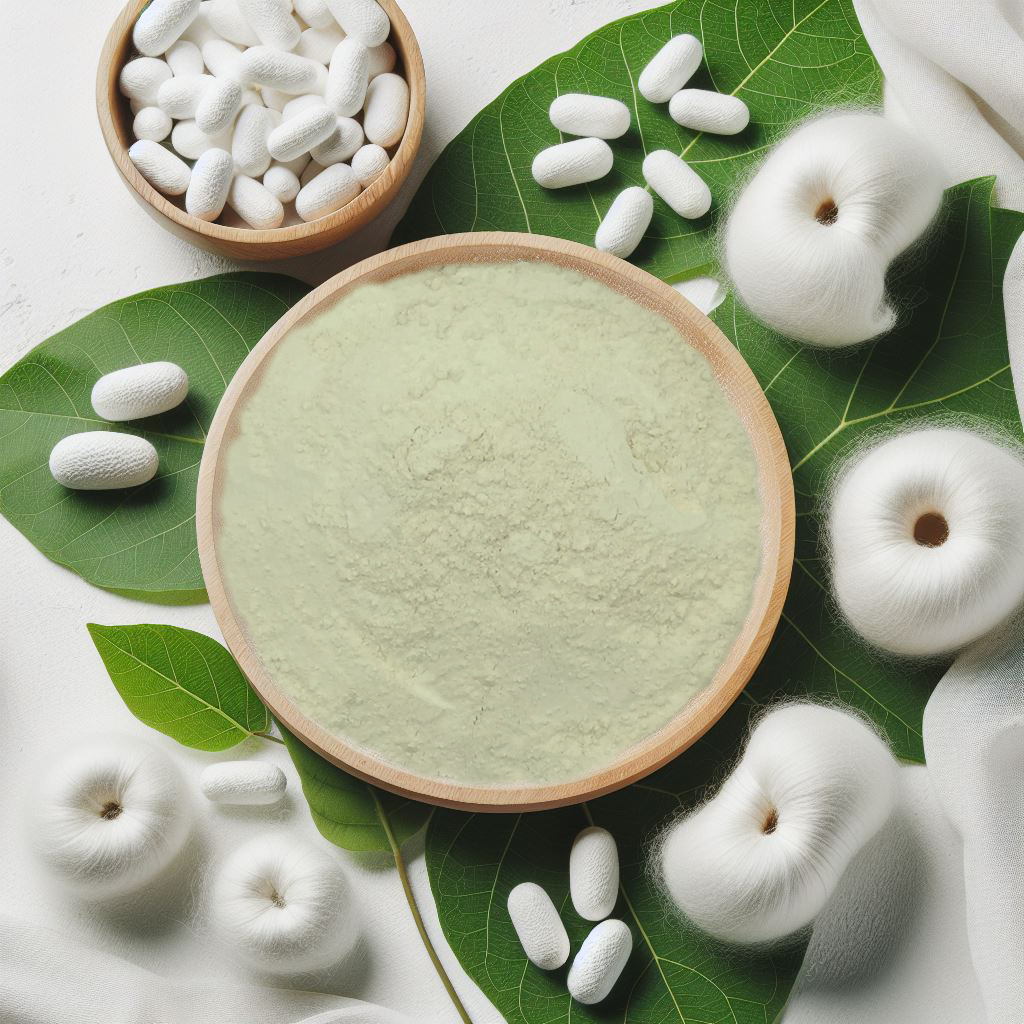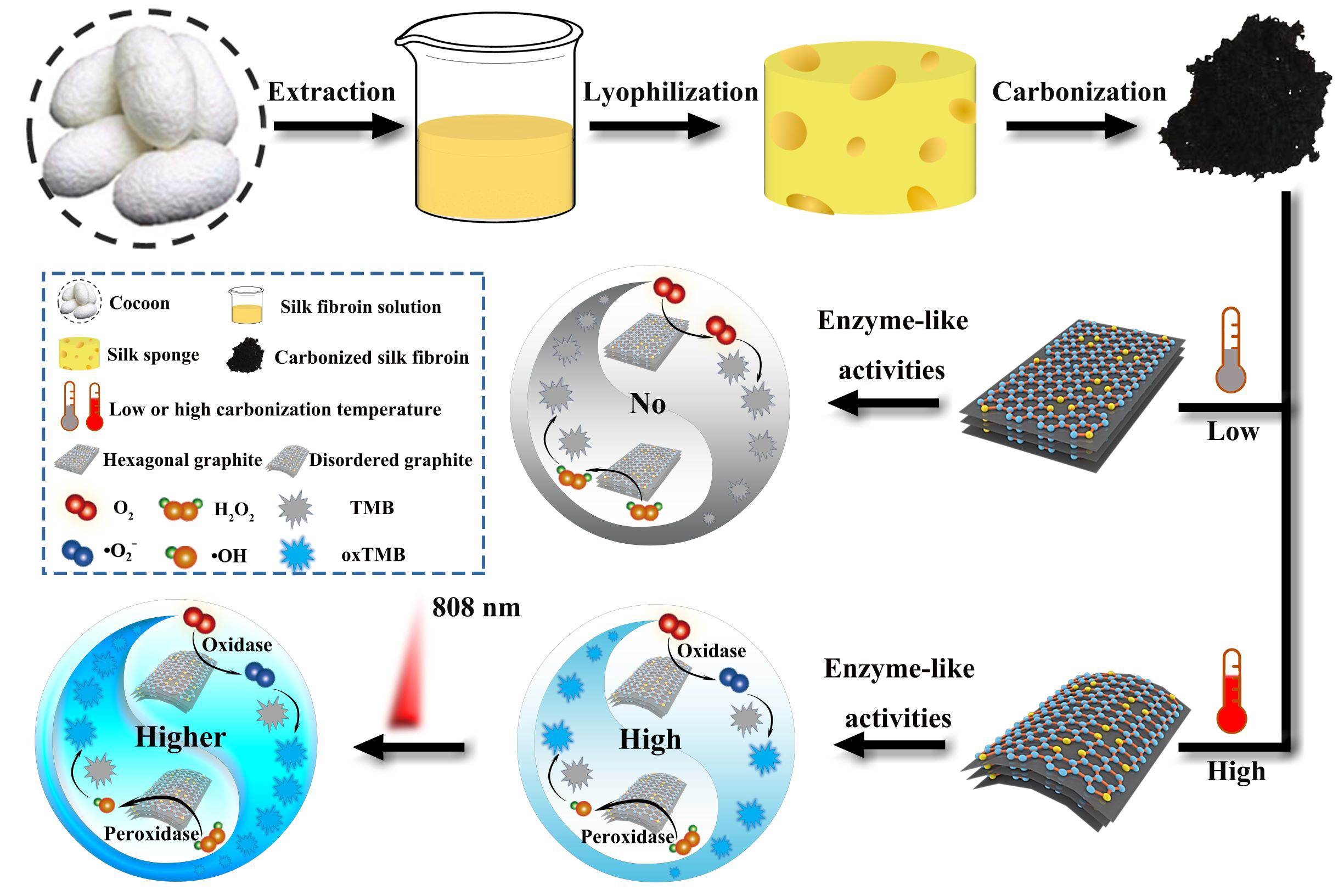Silk fibroin is a natural protein fiber that is the primary component of silk, produced by silkworms and other insects. It is extracted from the cocoon of the silkworm (Bombyx mori) and consists of two main proteins: fibroin and sericin. While sericin is the sticky substance that holds the fibers together, fibroin forms the solid, strong fibers themselves.
Here are some key aspects of silk fibroin:
1. Structure: Silk fibroin is made up of long chains of amino acids, particularly glycine, alanine, and serine, arranged in a repetitive, regular pattern. This unique structure gives silk fibroin its strength, flexibility, and high tensile strength.

2. Properties:
- Biocompatibility: It is highly biocompatible, making it suitable for biomedical applications like sutures, wound dressings, and tissue engineering.
- Hydrophilic Nature: Silk fibroin has a moderate affinity for water, contributing to its ability to maintain hydration in certain medical applications.
- Mechanical Strength: The fiber is strong and durable, making it ideal for use in textiles and other materials that require tensile strength.
- Elasticity: It has a degree of elasticity, allowing it to stretch without breaking.
3. Applications:
- Textiles: Used in the production of silk fabrics, it has applications in clothing, upholstery, and other textile products.
- Biomedical: Due to its biocompatibility, silk fibroin is used in medical devices, wound healing products, and drug delivery systems.
- Cosmetics: It is sometimes included in skin care products for its moisturizing and protective properties.

4. Processing: Silk fibroin is typically extracted from the cocoon by dissolving the sericin in an aqueous solution, leaving the fibroin behind. This fibroin can then be spun into fibers or used in other forms such as films or hydrogels.
5. Environmental Impact: Being a natural fiber, silk fibroin is biodegradable, which makes it a more sustainable alternative to synthetic fibers.
Overall, silk fibroin is a versatile material with a wide range of applications, especially in textiles, healthcare, and cosmetics.
